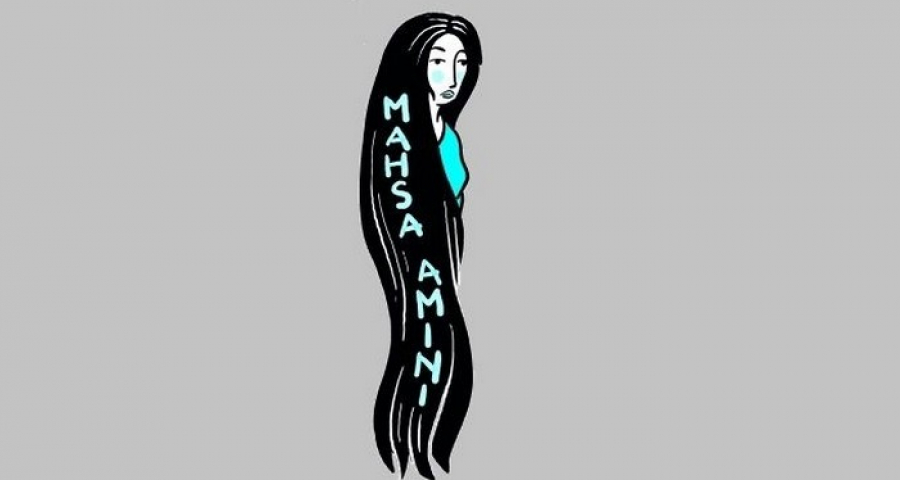Today, it is more urgent than ever to re-invent adult life, crushed by an artificially prolonged youth and old age. You are not fully adult until you really work, because the age of responsibility does not actually begin.
by Luigino Bruni
published inl Messaggero di Sant'Antonio on 02/02/2023
Our time is experiencing a new protagonism of young people, who are doing extraordinary things in many countries. They are young people and teenagers together, and the presence of teenagers is a great novelty compared to the similar phenomenon of 1968. From the ‘Fridays for future’ to the young Iranians and Afghans, to the ‘Economy of Francesco’, and up to the young people of the ‘Last Generation’, who are daubing pictures and buildings with washable paint to remind everyone that the powerful have daubed, with indelible paint, the planet and their future. Wonderful young people they are, who are saving us, yet we don't want to take them seriously enough. Because our capitalist culture loves youth, but it loves young people very little. Thus, while it appreciates more and more the values associated with youth – beauty, health, energy... – it understands less and less and even despises the values of old age, which are nonetheless fundamental, and which it tries in every way to remove from its horizon that in turn becomes dulled and saddened. Because a civilisation that does not value the elderly and does not know how to grow old is as foolish as the one that does not understand and value the actual young: our generation is the first to add these two foolishnesses together.
That our culture does not like young people can be seen by the way it treats them at schools, universities, in the world of work, institutions and political parties, where young people are increasingly absent and kept far away. There are too many young people today who risk passing from youth to old age almost without realising it, without ever experiencing adulthood – you are treated as a young person until you are well into your 40s, but right after 50 you become old for just too many things. My parents did not live through 1968, although they were just as young as the protagonists of that era, for the simple reason that in the Marche countryside where they grew up youth had not yet been “invented”. Of course, the corresponding biological age existed: the “young” fell in love and dreamed, like today and like, I hope, tomorrow. But there was no such thing as the sort of category or social group we call youth today. This was “invented” by rock, the Beatles and then 1968. Before, with marriage or the military service, one went straight from adolescence to adult life, with all of its responsibilities.
The invention of youth was one of the greatest social inventions in history, changing society, politics, the economy, the way we have fun, dress, hope, work, live and die. But today it is more urgent than ever to re-invent adult life, crushed by an artificially longer youth and old age. You are not fully adult until you really and seriously work, because the age of responsibility does not really begin. And work that arrives too late, and which – if and when it arrives – is too often insecure, fragmented, precarious and fragile, does nothing but nurture and prolong youth beyond its biological horizons, while also distorting it. Youth is wonderful because it ends, and when it does not end it is an anthropological and social tragedy. All this makes the world of economics, society and institutions lose the fundamental vital and moral energy that comes from young people, and makes that fundamental process and passage that should swiftly lead them to real work bumpy and too risky for them. It is not easy to get out of this sort of epochal and collective “poverty trap” into which we have, more or less consciously, fallen, especially in the West. But we must begin to see it, and to call it by its name.
Photo credits: © Giuliano Dinon / MSA Archive







